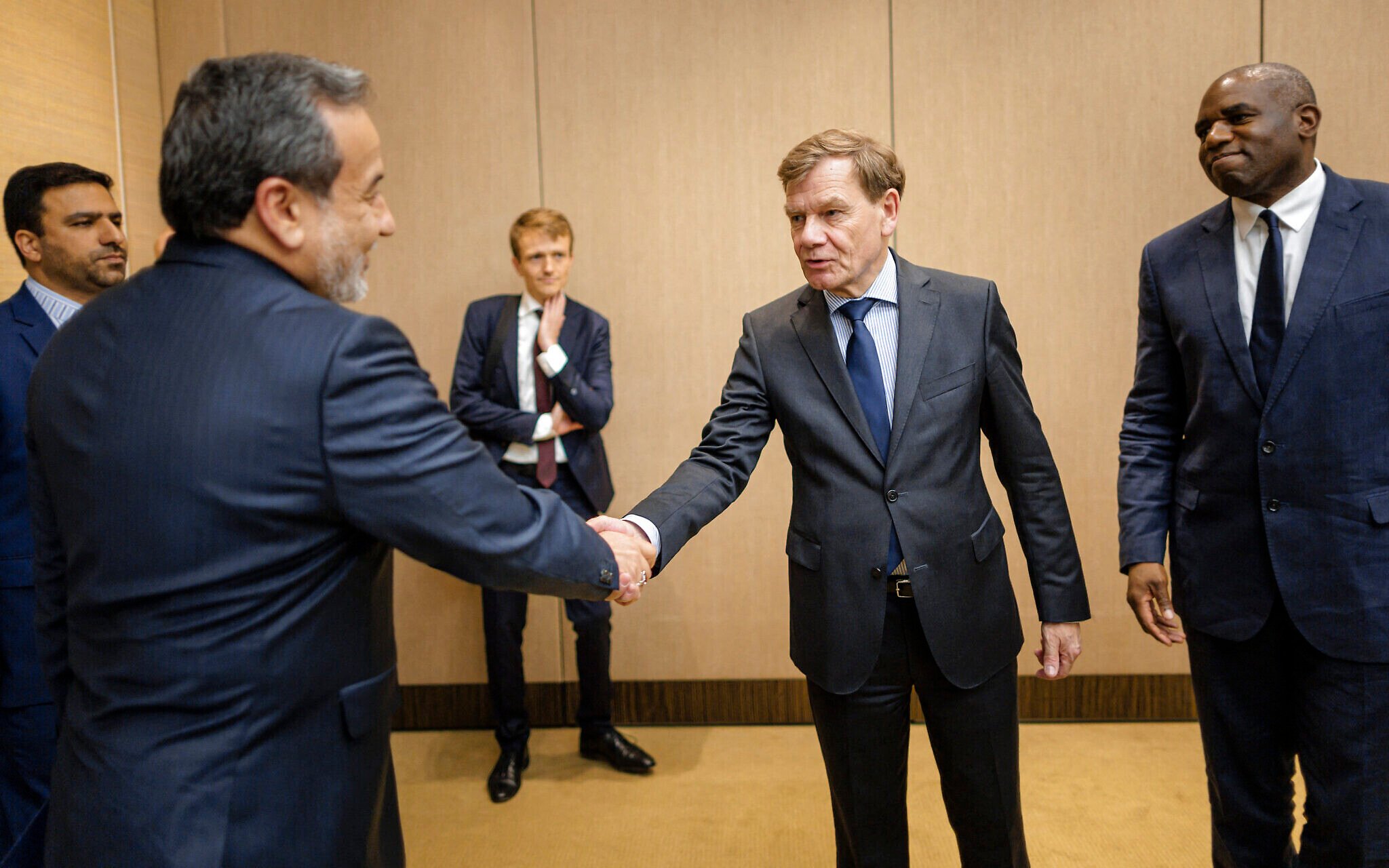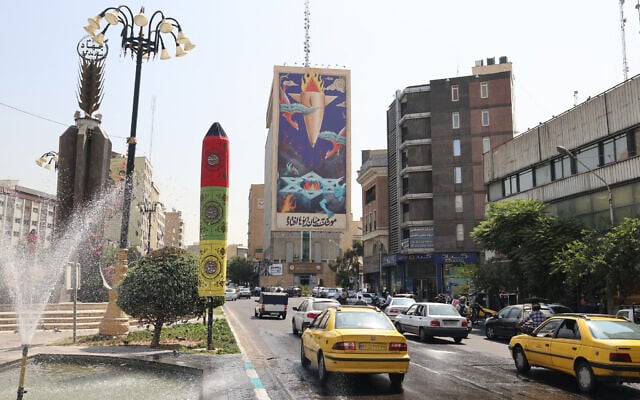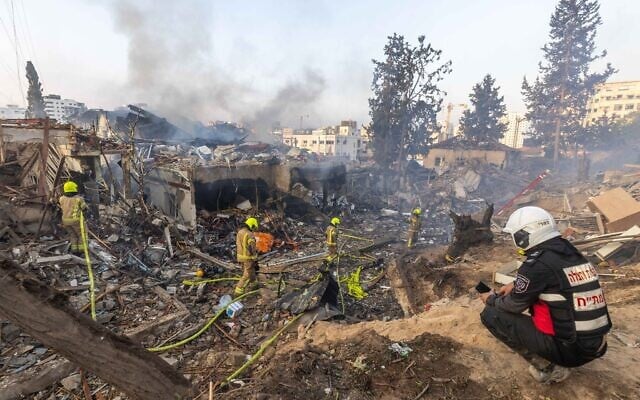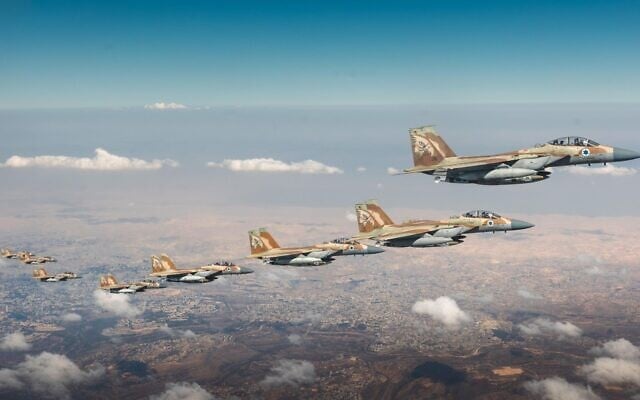



Iran, Britain, France and Germany agreed Sunday to hold talks on Tehran’s nuclear program, following warnings by the three European countries that failure to resume negotiations would lead to international sanctions being reimposed on Iran.
“Tehran and the European troika have come to an agreement in principle on the resumption of the talks about Iran’s nuclear program, but the timing and location of the negotiations are under debate,” Iran’s semi-official Tasnim news agency reported, quoting a source informed on the matter.
A German diplomatic source confirmed on Sunday that the countries were set to meet soon. “The E3 are in contact with Iran to schedule further talks for the coming week,” the source told AFP.
The reports came a few days after the foreign ministers of the so-called E3 nations, as well as the European Union’s foreign policy chief, held their first call with Iranian Foreign Minister Abbas Araghchi since Israel and the US attacked Iranian nuclear facilities a month ago.
Speaking after the call with Araghchi, a French diplomatic source said the ministers had called on Iran to resume diplomatic efforts immediately to reach a “verifiable and lasting” nuclear deal.
The three European countries, along with China and Russia, are the remaining parties to a 2015 nuclear deal — from which the United States withdrew in 2018 — that lifted sanctions on Iran in return for restrictions on its nuclear program.

The E3 have said they would restore UN sanctions on Tehran via the so-called “snapback mechanism” by the end of August if nuclear talks that were ongoing between Iran and the US before the Israel-Iran air war do not resume, or fail to produce concrete results.
Araghchi condemned that warning.
“If EU/E3 want to have a role, they should act responsibly, and put aside the worn-out policies of threat and pressure, including the ‘snapback’ for which they lack absolutely [any] moral and legal ground,” he said last week.
A UN Security Council resolution that enshrines the deal expires on October 18, and under its terms, UN sanctions can be reimposed beforehand. The process would take about 30 days.
Prior to the Israel-Iran war, Tehran and Washington held five rounds of nuclear talks beginning in April and mediated by Oman. But they faced major stumbling blocks such as a disagreement over uranium enrichment in Iran, which Western powers want to bring down to zero to minimize any risk of weaponization.

The US-Iran negotiations were halted when Israel launched surprise strikes on Iran’s nuclear and ballistic missile facilities on June 13, starting a war that the United States later joined. Israeli and American officials indicated the sides were coordinated after Washington came to the conclusion that talks with Iran were going nowhere.
Israel said its assault was necessary to prevent the Islamic Republic from realizing its avowed plan to destroy Israel.
Iran denies seeking to acquire nuclear weapons. However, it enriched uranium to levels that have no peaceful application, obstructed international inspectors from checking its nuclear facilities and expanded its ballistic missile capabilities. Israel said Iran had recently taken significant steps toward nuclear weaponization.
On Sunday, Iran’s Defah Press news agency reported that the country has replaced air defenses damaged during the conflict with Israel. It quoted Mahmoud Mousavi, the regular army’s deputy for operations.

During the conflict, Israel’s air force established supremacy over Iran’s airspace and dealt a heavy blow to the country’s air defenses while Iranian armed forces launched successive barrages of missiles and drones at Israeli territory.
“Some of our air defenses were damaged, this is not something we can hide, but our colleagues have used domestic resources and replaced them with pre-arranged systems that were stored in suitable locations in order to keep the airspace secure,” Mousavi said.
Before the war, Iran had its own domestically made long-range air defense system, Bavar-373, in addition to the Russian-made S-300 system. The report by Defah Press did not mention any import of foreign-made air defense systems to Iran in recent weeks.
Following limited Israeli strikes against Iranian missile factories and air defenses last October, Iran displayed Russian-made air defenses in a military exercise to show it recovered from the attack.
